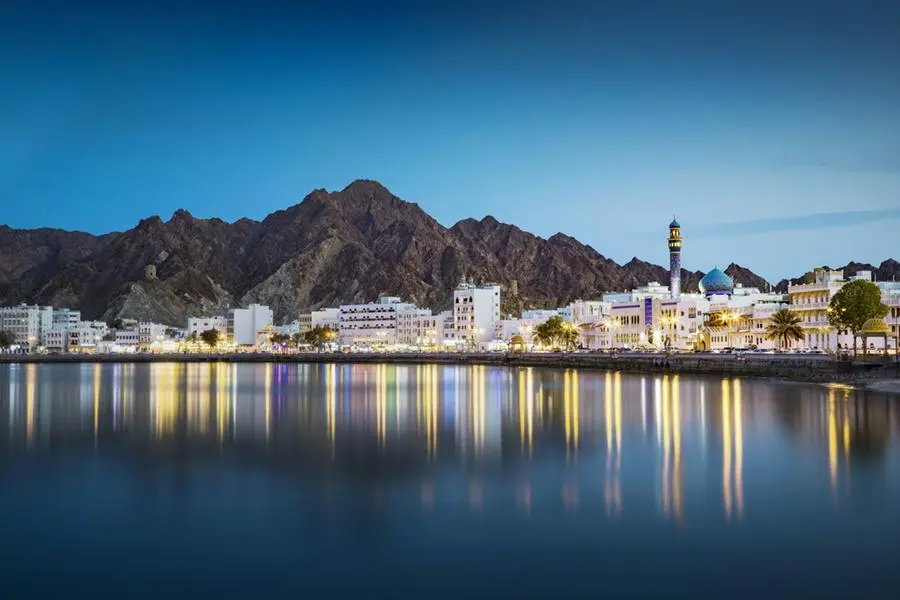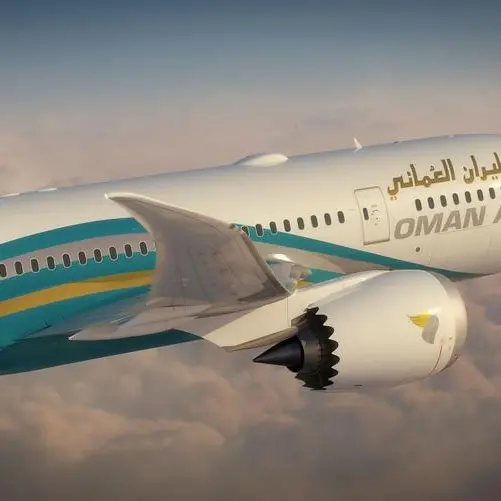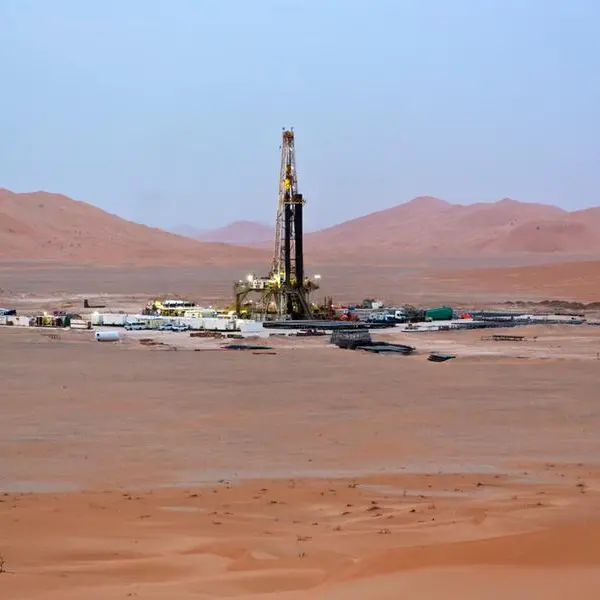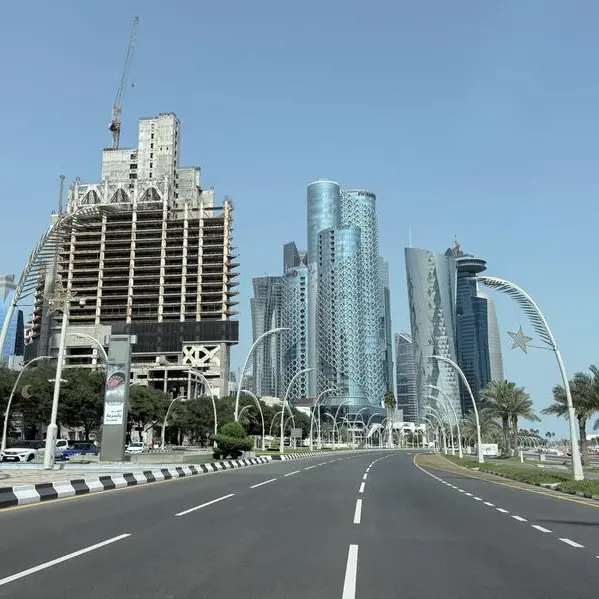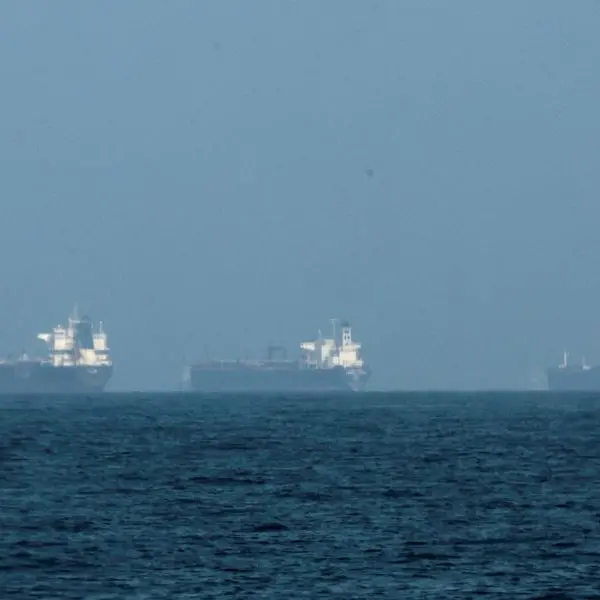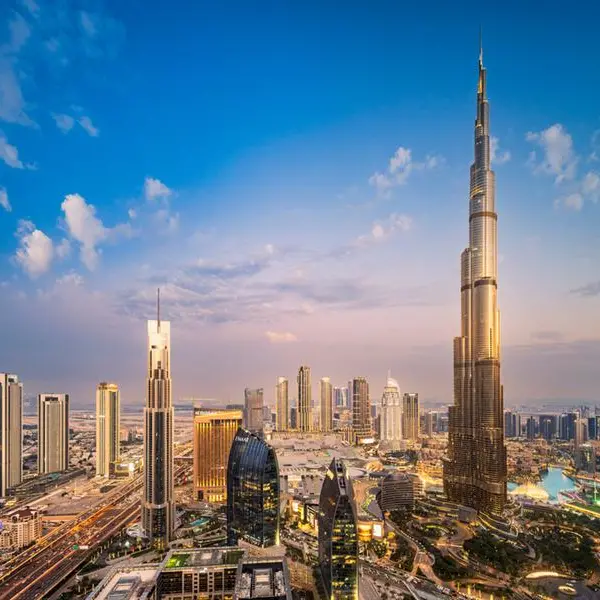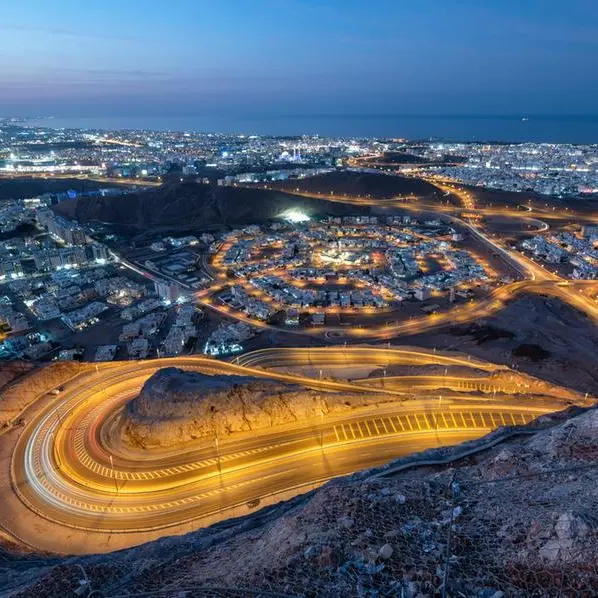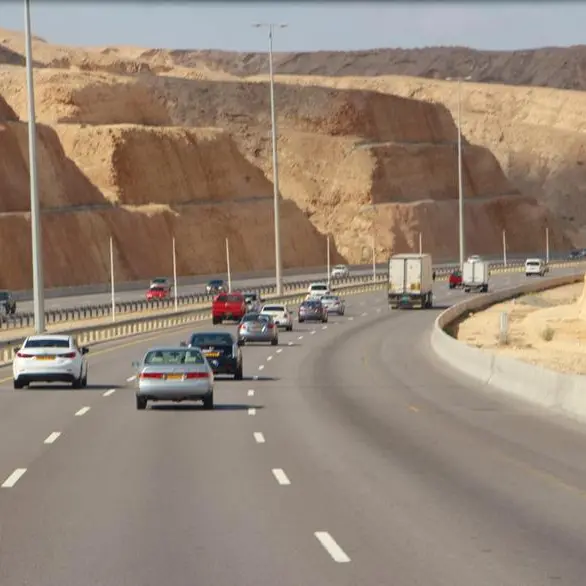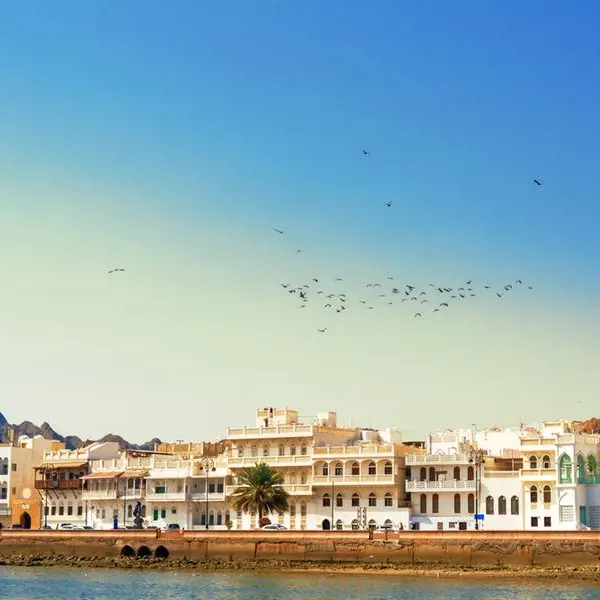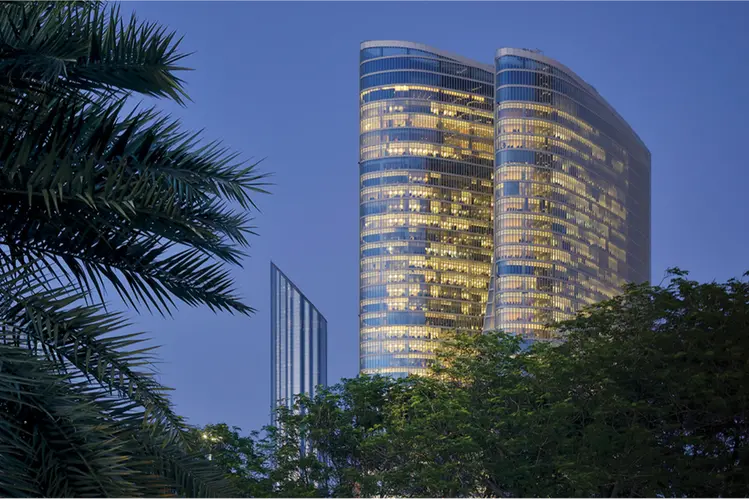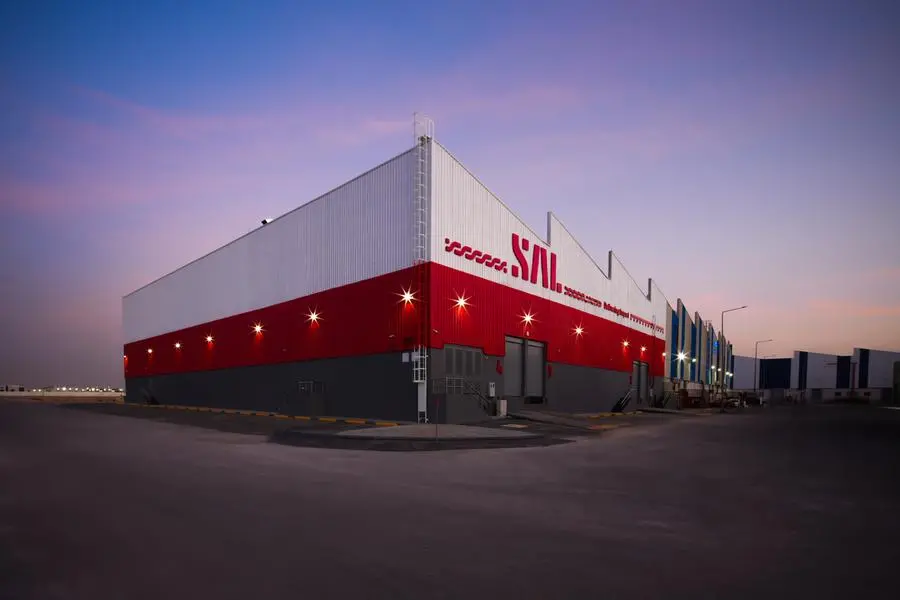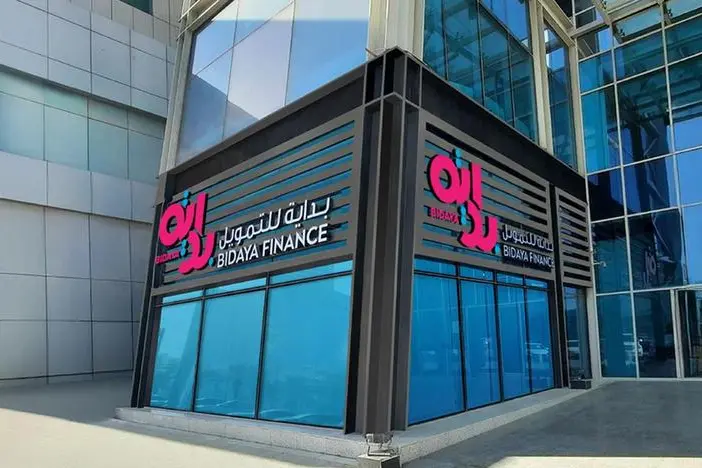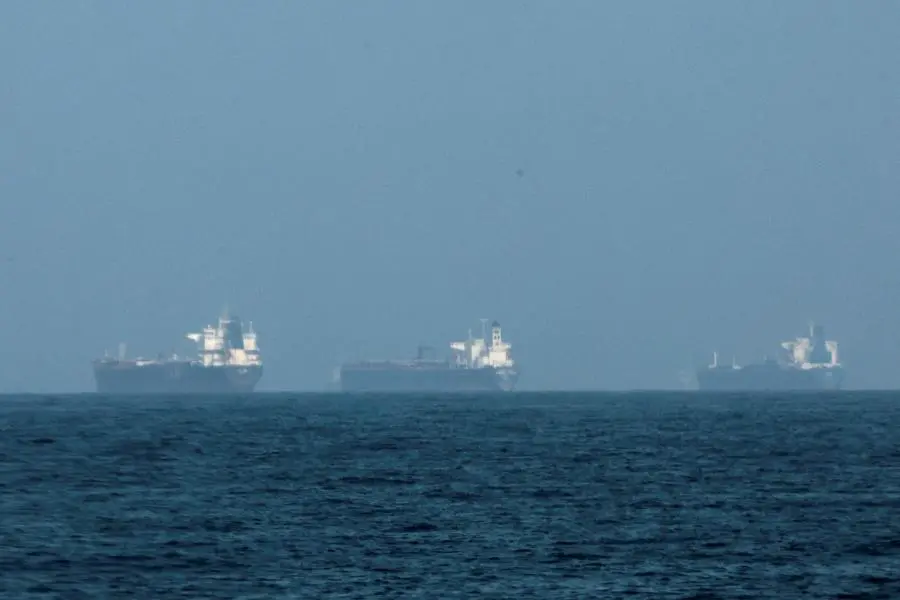PHOTO
MUSCAT: Global energy experts convening at the Oman Petroleum & Energy Show (OPES) have urged governments and industry leaders to adopt more realistic, inclusive, and economically grounded strategies to drive the clean energy transition.
During a high-level session titled “Innovation in New Energies to Enable the Transition”, speakers highlighted the urgent need for regulatory clarity, social engagement, and investment frameworks that reflect on-the-ground realities in the Middle East and beyond.
Organised by the Society of Petroleum Engineers (SPE), the panel brought together senior voices from Oman’s Ministry of Energy and Minerals, OQ, SLB, Olayan Saudi Holding Company, and Petronas.
Dr Firas al Abduwani, Director General of Renewable Energy and Hydrogen at the Ministry of Energy and Minerals, opened the discussion by emphasising that the real challenge lies not in technology, but in crafting effective policy.
“Everyone talks about the need for more renewables, but few appreciate the complexity of policymaking. It’s not just about ambition—it’s about designing policies that reflect economic and social realities,” he said.
He explained that Oman’s natural gas, partly subsidised and socially priced, plays a vital role in electricity generation, desalination, and industrial production. Transitioning from this foundation requires careful sequencing and institutional alignment.
Dr Talal al Aulaqi, Vice President of Energy Excellence at OQ Alternative Energy, warned that while policies are accelerating, social behaviour has yet to catch up. “Every summer, we see power demand spike. That tells us people still expect reliability from fossil systems,” he said. “We must ensure the transition is inclusive and that citizens have a role in shaping it.” He called for demand-side engagement tools, such as distributed solar, energy efficiency incentives, and education campaigns to bridge the gap between national strategy and public expectations.
Salih Merghani, Executive Vice President for Energy at Olayan Saudi Holding Company, said the clean energy transition cannot advance without clear, long-term market signals.
“We’ve seen successful pilot projects in carbon capture and green industrial solutions, but they won’t scale without demand certainty and regulatory support,” he said.
He noted that the absence of carbon pricing in many regional markets is limiting the ability of private capital to move decisively into low-carbon investments.
Guillaume Verhaeghe, Director of New Energy MENA at SLB, called for leveraging decades of oil and gas expertise to fast-track carbon capture, utilisation and storage (CCUS). “The region has the technical capability. Now we need permitting reforms, financial incentives, and cross-sector partnerships to deliver CCUS at scale,” he said.
He added that reusing existing infrastructure for new energy applications could reduce transition costs and create regional leadership in climate technologies.
Emry Hisham Yusoff, Senior General Manager of Carbon Management at Petronas, said Southeast Asia is moving cautiously—balancing environmental goals with economic development.
“Yes, we’re expanding CCUS and renewables, but gas remains crucial for energy access,” he said. “To scale climate solutions, we need public-private coordination and government-backed incentives.” He highlighted the role of frameworks like the US Inflation Reduction Act as models for de-risking early investment in carbon management.
Across the panel, speakers emphasised that energy transition is not merely about new technologies—it is a systemic transformation that requires public acceptance, economic restructuring, and policy coordination.
As Oman moves forward under Vision 2040, the session reinforced the Sultanate of Oman’s position as a regional innovator in green hydrogen and low-carbon energy—but also underscored that successful transitions must be gradual, inclusive, and grounded in national context.
2022 © All right reserved for Oman Establishment for Press, Publication and Advertising (OEPPA) Provided by SyndiGate Media Inc. (Syndigate.info).
